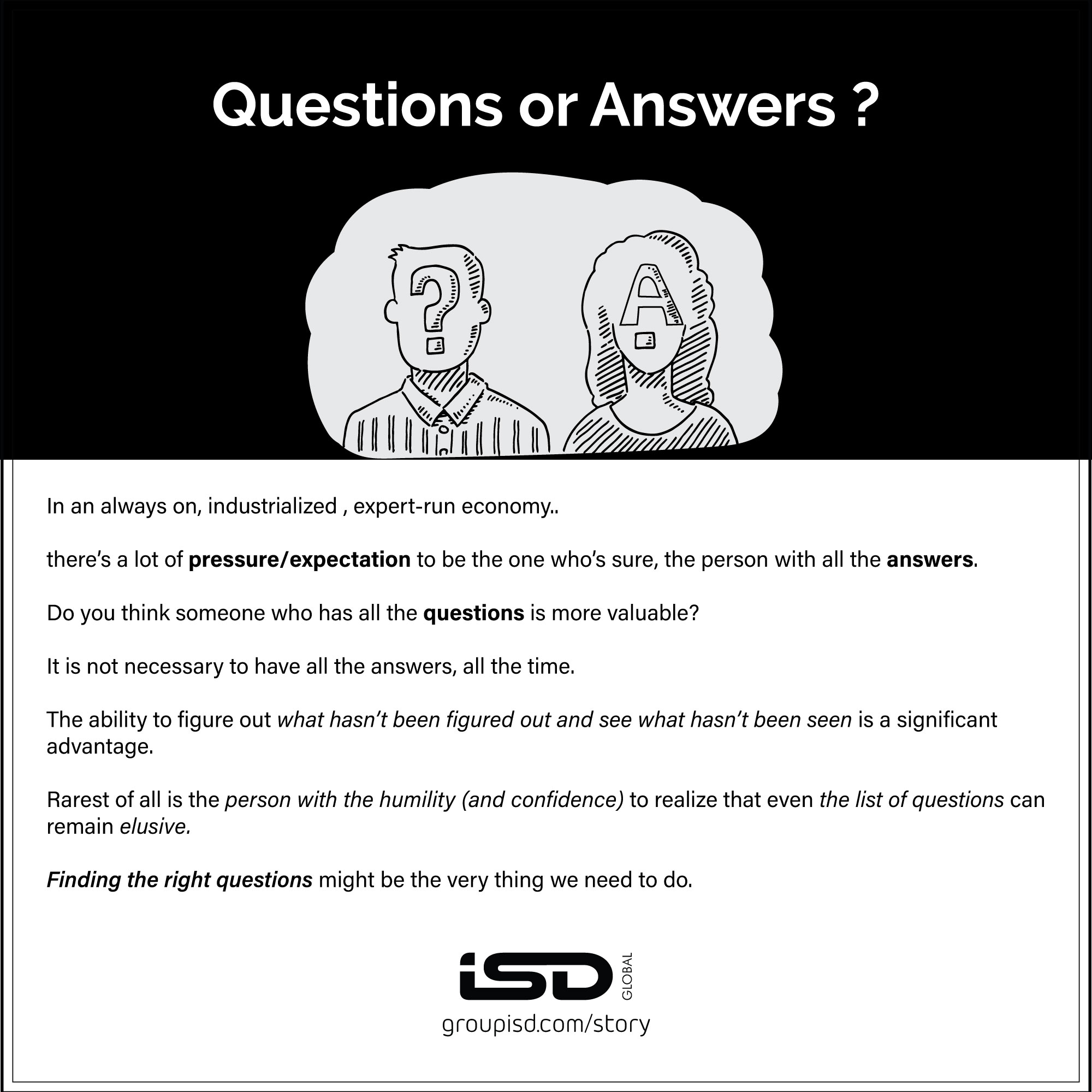Vision: the ability to “think about or plan for the future, using intelligence and imagination”, an “idea or hope of how something should be done, or how it will be in the future” and simply the “ability to see”- MacMillan Dictionary.
The pandemic has taught that foreseeing can be more useful than forecasting. Hindsight is literally 2020 and as for 2021… Well, you have a choice to make: be a hapless passenger relinquishing responsibility for your emotions, feelings and outcomes to other people or choose to be a leader every single day, making a positive impact on those around you and taking accountability in every moment for your own beliefs and actions.
Easier said than done. Confusion and decision paralysis permeate most marketing departments, agencies and publishers – all carefully threading reality, with a little help from the past. But, as we now know, using the past to project the future is a fallacy. The psychological biases binding us to the present and blinding us from the future.
Bounded rationality: challenges the notion of human rationality as implied by the concept of homo economicus. Rationality is bounded because there are limits to our thinking capacity, available information and time.
Hyperbolic discounting: refers to the tendency for people to increasingly choose a smaller-sooner reward over a larger-later reward as the delay occurs sooner rather than later in time.
Availability bias: the human tendency to think that examples of things that come readily to mind are more representative than is actually the case, hampering critical thinking and, as a result, the validity of our decisions.
The present-forward fallacy: the seductive notion that an existing business can be extended out in time indefinitely by continuously making improvements to it. Read more in my post on this at https://www.sureshdinakaran.com/blog/?s=future+back
Tyranny of the urgent: an analysis of the calendars of 27 CEOs over a full quarter showed that, on average, they had 37 meetings per week, which took up to 72 percent of their time. Is it any wonder they have so little time to imagine a better future?
The bridge linking ‘what is’ with ‘what could be’ is intention. Therefore, rather than strategizing on ‘how to better play today’s game’, the big question for brands and organizations becomes ‘what is the game we intend to play to prosper tomorrow?’
Ultimately, it is about having the courage to pave a way that others have not dared to take before. Into the future, and through the predicted challenges of the next few years, great leadership will be our only salvation. The good news is that we all have the ability to be great leaders if we allow true character to overtake the fear and insecurity that form the veneer of our professional personas.
‘What are you on the planet to do and what legacy will you leave?’ This direction comes from a firm belief that our industry influences the minds of every citizen of the planet, with the means to influence other people’s choices, decisions, beliefs and behaviours. It has the power to influence political outcomes, corporate success or failure, and galvanise people behind causes of any kind. Therefore, the talent within marketing, media and advertising are in the ‘leadership’ business with an unsurpassed privilege that is not to be underestimated. This kind of power has the potential to be harmful unless wielded with the ‘right’ moral intent, finely tuned capability, deep wisdom, and ethical awareness.
I firmly hold the belief that every person is born a potential leader, hardwired to rely both psychologically and physiologically on other human beings. Born sociable, no baby is a loner. We are not born haters – or racist, homophobic or misogynistic. No, we’re all born leaders – with the ability to influence those around us. Who doesn’t automatically smile at a smiling baby? Or laugh when you hear them giggle? That’s influence, right there.
Listen More, Listen Better.
The sheer volume of data and insight at marketers’ fingertips is a formidable thing. Marketers can hold a customer’s heartbeat in the palm of their hand and have the ability to foresee when their blood pressure is going up or down. But only if we listen. And who was ever taught how to listen ? Since the invention of Gutenberg’s printing press our ears have been replaced by our eyes, an oral culture of shared stories has been taken over by a visual culture of representative images.
We’re all really good at paying ‘ear service’ (the art of being seen to listen, while simultaneously reading an email, sending a text and thinking about next door’s cat) and then choosing to hear only the things that fit our own narrative (which we are extremely skilled at listening to). If you don’t seek to truly hear what is being said right now, then you’ll fill the gaps based on your own past experiences and patterns from which you’ll create future expectations predicated on your almost subconscious assumptions. This is the opposite of good leadership.
Don’t focus on what you can get; Focus only on what you can give.
Well, here is the real truth. We can’t control what we get. We only have control over what we give. “Great leaders are exhausted every day, not because of how hard they’ve worked but because of how much they’ve given.”
It sounds easy, and it is, but only if you consciously let go of the notion that you are in any way in control of what you get from others.
How many of us want to get more business from our clients, the next promotion, more discounts from our suppliers, more output from our teams, more love from our partners and more joy in our lives? We are apt to think about what we want to get and, if we don’t, we feel frustrated, disempowered, resentful… and then put the blame for those feelings directly on others.
Change the way you think to: what can I give my team to enable them to deliver their goals? How can I support my boss in a way that may make their job a little easier? What can I give to my clients to ensure that they can succeed? What can I do for my suppliers to make it easier for them to manage our relationship? What actions can I take to ensure those I love feel that love every single day? What can I give to the people around me to bring a little joy into their lives today? Because you have 100 percent control over what you give.
The key, therefore, is to learn to rejoice in being and leading uncomfortably. That’s when great leadership becomes the mechanism to transform countries, businesses and people.
Future back is a competence that can be developed by first crafting a vision and then threading it back to the present.
Visioning, in a business context, is about having a clear worldview on the markets of the future and the role that your organisation can play in that new and different world. Having a really powerful vision can unleash the potential to transform whole industries. When we call a business leader a visionary, we mean they have a vivid understanding of their organisation’s best possible future – one that can potentially transform whole industries. Vision is the ‘what’ not the ‘how’. Vision is made actionable through strategy, which is the means to achieve it.
ENDS


